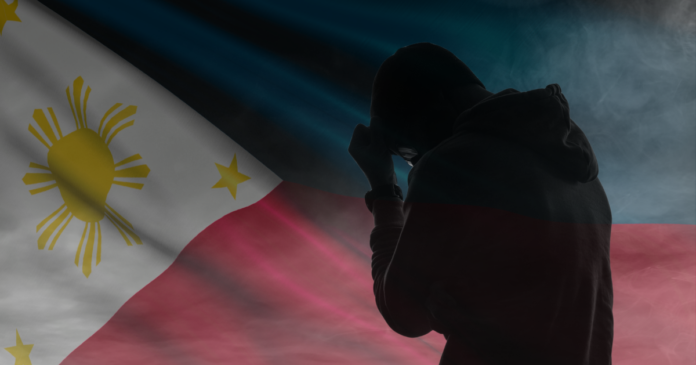This is how some Filipinos describe the country’s political landscape. From faltering alliances to rising newcomers, entrenched dynasties fighting to maintain control, and the ever-present faces of smiling politicians on tarpaulins and livestreams, the noise is constant.
As the 2025 election season unfolds, many Filipinos are finding themselves walang kibo: silent, detached, and emotionally fatigued.
The picture is dizzying: the International Criminal Court continues to pursue former President Rodrigo Duterte over alleged crimes tied to his drug war; campaign trails are thick with mudslinging and smear tactics; padrino politics still dictates appointments, and dynastic families dominate ballots nationwide.
Online political discourse is driven by bots, trolls, and algorithmic rage—blurring facts and exhausting voters. In this climate, disengagement becomes a coping mechanism rather than apathy.
Adding to the strain is the toll on mental and social health. Entrepreneur and former senatorial candidate Carl Balita noted in a Manila Times column that research increasingly shows that “politics isn’t very good for us.” Studies across disciplines also agree that constant exposure to political conflict correlates with stress, anxiety, and emotional exhaustion.
Filipinos who are caught in a cycle of outrage and helplessness are now withdrawing to preserve their well-being.
Institutional dysfunction only deepens this detachment. Research from the National College of Public Administration and Governance (NCPAG) highlights that inefficiency, corruption, and selective justice have eroded trust in government. When formal institutions are viewed as inaccessible or compromised, many citizens feel that civic engagement is futile.
Among the youth, the effects are particularly stark. While some are politically aware, many young Filipinos now disengage by default—disillusioned by a system dominated by dynasties, showbiz-style campaigning, and disinformation.
Social media, once a tool for activism, has become a source of fatigue. Fear of backlash, digital harassment, and the emotional cost of staying informed have driven many to silence.
So, what does this all mean? The weakening of social trust, political discourse, and institutional credibility is leading to a quiet collapse of civic participation.
Walang kibo is no longer just a reaction; it’s becoming a national condition. Without trust, without relief, and without a clear path forward, silence is no longer passive. It’s protective.



